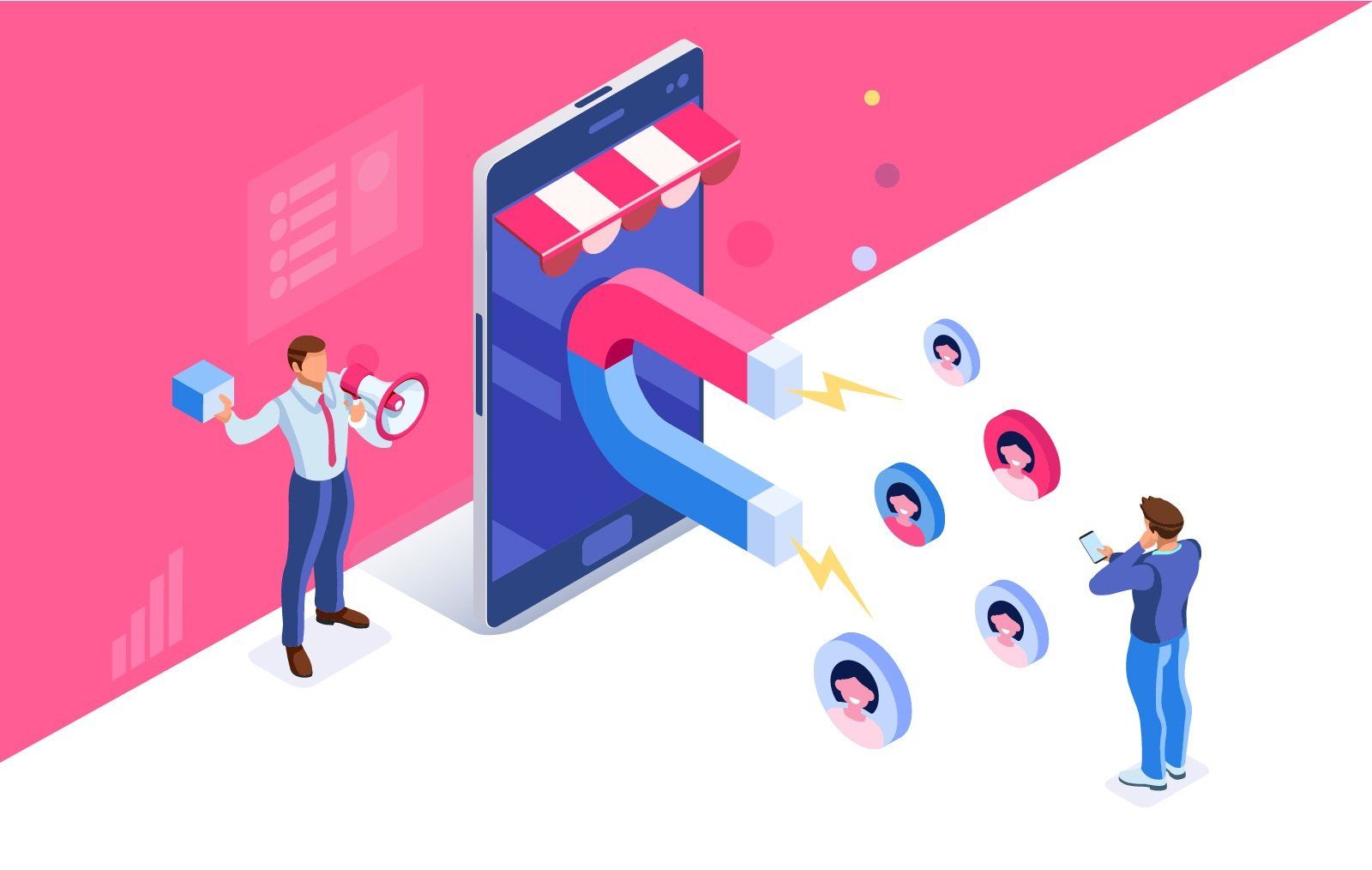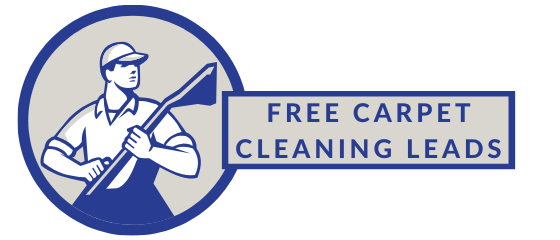Is it a Good Idea to Outsource Lead Generation?
Is it a Good Idea to Outsource Lead Generation?

Like most stories with clickbait headlines that pose large questions that necessitate nuanced responses... It all depends!
This article focuses on the strategic considerations behind the in-house versus outsourced lead-generating debate.
In-House Lead Generation Pros & Cons
You (or your business) own the entire sales development process if you have an in-house sales development function. You employ the staff, create the workflow, use the tools, and so forth.
Pros:
- You will create a sales hustle culture. A team of lead generation hustlers may do wonders for the culture of your team. An in-house lead generation team, when done well, provides energy, emotion, and velocity that feeds other areas of your organization.
- You'll have more say. If you own the process, you can control every step of the way, which costs more investment but also means more upside. This entails tailoring your messaging, method, team, and resources to your specific product and market. In some ways, having everything in one space simplifies the process because you don't have to coordinate with a third party.
- You will be allowed to continue further. If you have a small number of target prospects or your product requires a long-term relationship sale, in-house staff will be far more effective. If you need to use your network, pay for steak dinners, and attend children's birthday parties to open doors, a third party is not the answer. Because timing is such an important aspect of sales, service organizations should think hard about outsourcing sales development.
- Once you've mastered it, you'll be able to scale it massively. If you own the process from start to finish, scaling it will be a lot easier once you break the code. And if you have a large market and the opportunity to own, you must be aggressive.
Cons:
- To begin, the procedure necessitates a significant investment of time and resources. You must create a process, hire a team, teach the team, tweak the process, and so on – none of which are easy, especially hiring. You could be many weeks into the process with an outsourced partner by the time you search, hire, and train your first SDR. And, unless you've employed a lot of salespeople in the past, you'll almost likely make hiring mistakes that will require you to unwind.
- It takes time for the process to bear fruit. You're doing great if you can clinch a contract inside the first three months. It is more likely that you will close your first deal in 6 to 9 months. Building everything in-house will actually increase the time to results because you'll need to account for the front end of the building process as well as the management overhead required to nurture the team and process.
- The lead generation technology stack is complex. You can hire excellent people, perfect your messaging, and fine-tune your process... However, none of this will matter unless you have a technological stack to support and automate your process. The lead generation tech stack is quite muddled – you must be prepared to invest a significant amount of time and effort in establishing a toolset that works.
Outsourced Lead Generation Pros & Cons
A lead-generating function that is outsourced means that you (or your company) collaborate with a third party who owns all or part of your pipeline development process. Your partner hires the personnel, creates the workflow, and oversees the process of feeding warm leads into your sales process.
Pros:
- You may get started right away. With a software-driven, process-perfect sales development process, companies can typically get customers up and running in two weeks or less. This is really convenient for some businesses.
- You gain immediate expertise. Rather of fumbling through the dark and making beginner mistakes, you may benefit from your partner's expertise and experience. Skip all of the difficult lessons learnt and jump right to the appropriate process.
- You can try new things with less risk. If you're launching a new product in a new market, you don't want to distract your core staff with a 6-month prospecting experiment that may or may not succeed. This is an ideal situation for an outsourced partner.
- You can increase the number of engines in your process. If you've mastered your process, it's often a good idea to replicate and speed it with an outsourced partner who has experience hiring, training, and executing. It is sometimes far easier to add extra resources through a third party than it is to recruit, hire, and train employees internally.
- You can turn it off, dial it down, or dial it up more slowly. If you've never done sales development before, it's often a good idea to collaborate with a partner to validate the process. If it works, that's fantastic! Increase the partner's involvement or create your own process. It's not a big deal if it doesn't function! Shake hands with your colleague, walk away, and be thankful that you don't have to terminate anyone.
Cons:
- You don’t build the muscles. It goes without saying that by working with a third party, you are basically choosing not to establish a process in-house – which means you will not develop the process, know-how, and expertise on your team. This isn't inherently a bad thing, but it is a trade-off to be aware of.
- It still takes effort. Outsourced lead generation services aren't magicians; they're usually extremely good at what they do, but you, the consumer, will still need to give them time and attention. Good partners require assistance at the onset and should quickly develop a groove, so they shouldn't require a lot of babysitting outside of day-to-day coordination in the long run. However, if you're investing considerable time and effort in bringing a partner up to speed, you should consider investing it in your staff rather than a third party.
Give Free Carpet Cleaning Leads a call today if you need assistance generating more leads for your carpet cleaning company.
